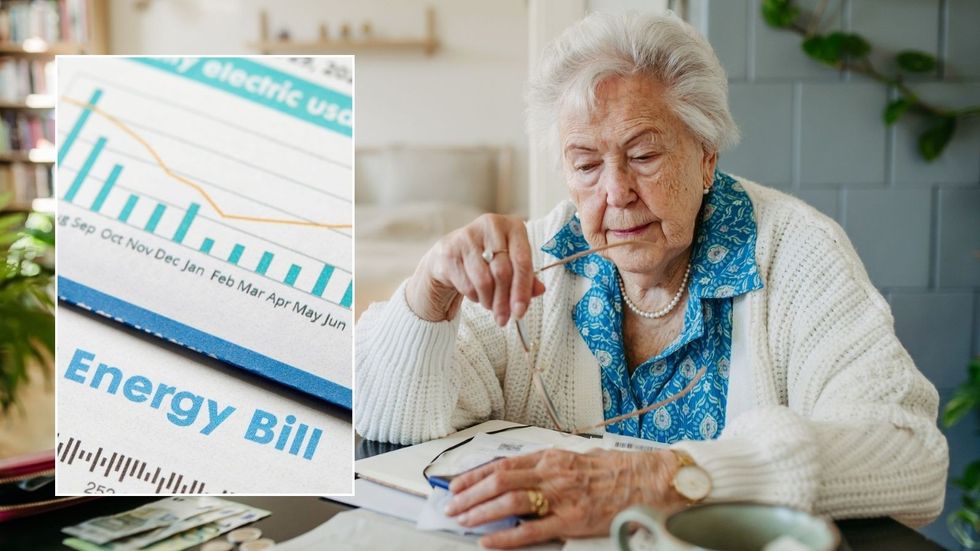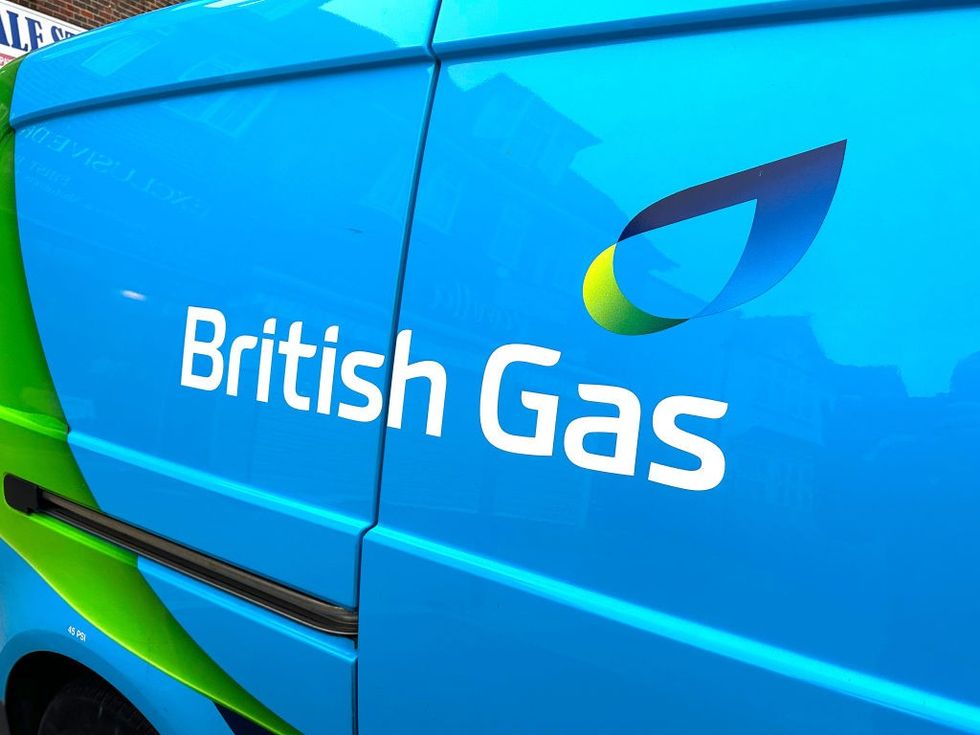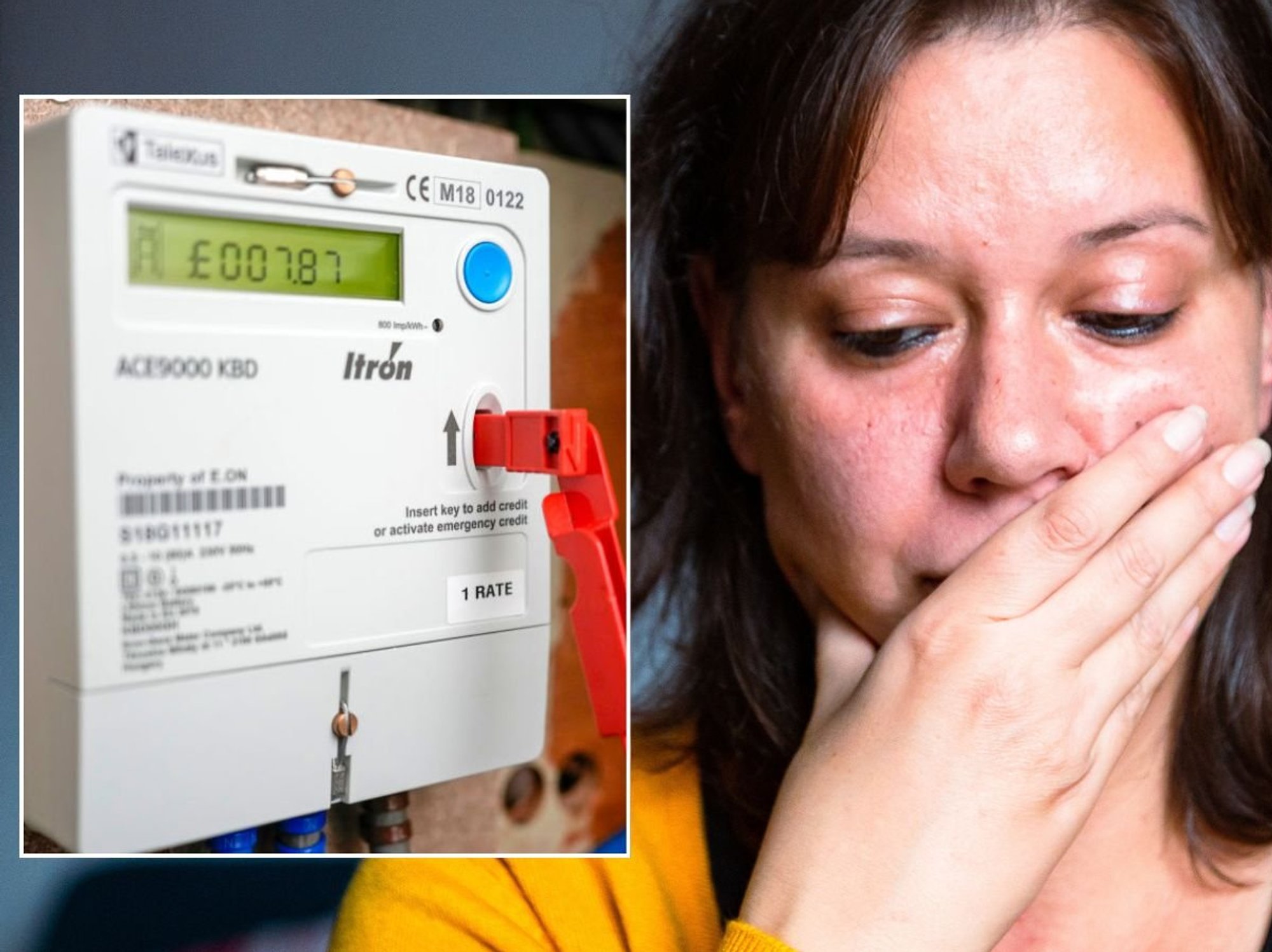British Gas, OVO and Octopus customers warned of 'simple white goods mistakes' that could be costing you £500 a year

GB NEWS

Small changes in daily habits could make a significant difference to household budgets throughout the year
Don't Miss
Most Read
Latest
UK households could be losing up to £500 a year due to simple mistakes when using everyday appliances, a money expert has warned.
As energy and water bills continue to climb, common habits like washing clothes at high temperatures or leaving devices on standby are quietly adding hundreds of pounds to annual costs.
With many families already feeling the pressure of rising living expenses, experts say small changes to daily routines could lead to significant savings.
Matthew Sheeran, money saving expert at Money Wellness, says: "People are understandably focused on rising energy and water prices, but what many don't realise is that the way they use their appliances can be just as important.
"The good news is that these mistakes are easy to fix - and the savings can really add up. Whether it's running the dishwasher half-empty or ignoring your fridge's coils, small changes could put hundreds of pounds back in your pocket every year."
Sheeran has identified 12 common mistakes that households make with their white goods, each contributing to unnecessary costs.

UK households are warned of 'simple white goods mistakes' that could be costing them £500 a year
| GETTYMaking simple adjustments to how we use these appliances could lead to significant savings at a time when every pound counts.
One of the biggest culprits is washing clothes at high temperatures. Washing at 40C or 60C uses up to three times more electricity than a 30C wash, potentially costing an extra £50 annually if done four times weekly.
Overloading washing machines is another common error. This reduces efficiency as the drum can't rotate properly, increasing energy consumption by up to 15 per cent and adding £30 to yearly bills.
Running dishwashers half-empty wastes both water and electricity, potentially adding £20 annually to bills if done twice weekly.
Tumble dryers are particularly costly appliances. Using them frequently instead of air-drying clothes could be adding £150 or more to annual energy costs.
These four habits alone could account for £250 of unnecessary spending each year.
 Energy bills are among a number of outgoings which have soared | PA
Energy bills are among a number of outgoings which have soared | PALeaving appliances on standby is another costly habit. This seemingly minor oversight can add £30-£50 to annual energy bills, with multiple devices silently consuming power throughout the home.
Ignoring energy efficiency ratings when purchasing new appliances is a false economy. Less efficient models could cost up to £100 more per year to run than their energy-efficient counterparts.
Using incorrect detergent or excessive amounts can lead to residue buildup in washing machines, wasting £10-15 annually on extra detergent and additional rinse cycles.
Dirty fridges and freezers work harder to maintain temperature, with blocked vents and coils potentially adding £20-30 to yearly energy costs.
Regular cleaning of condenser coils every two-three months can significantly improve efficiency and reduce unnecessary energy consumption.
Opening the oven door while cooking is a common but costly mistake. Each time the door is opened, heat escapes and energy consumption increases by up to 10 per cent, potentially adding £20-30 to annual bills.
Running appliances during peak hours (typically 4-7pm) when electricity prices are higher can increase energy costs by 10-20 per cent. Using time-of-use tariffs for off-peak operation can lead to significant savings.
Using the wrong appliance for tasks wastes energy. For example, boiling small amounts of water in a kettle is more efficient than using a saucepan, while slow cookers use less energy than ovens for certain meals.
Failing to defrost freezers regularly forces them to work harder. Ice buildup can add £30-50 to yearly energy bills, making regular defrosting essential when ice exceeds a quarter inch thickness.
Being more mindful of how we use household appliances can lead to substantial savings over time.
These twelve common mistakes collectively contribute to the £500 annual waste identified by Money Wellness.

Major energy companies including British Gas, EDF, E.ON, OVO are warned of these mistakes
| GETTYMaking these adjustments requires minimal effort but delivers maximum financial benefit during challenging economic times.
Beyond the immediate cost savings, proper appliance use has additional benefits. Appliances tend to last longer when used correctly, reducing the frequency of repairs and replacements.
This approach is both financially prudent and environmentally responsible, reducing unnecessary energy consumption across UK households.
As Sheeran suggests, while we cannot control rising energy prices, we can control how efficiently we use the appliances we already own.










